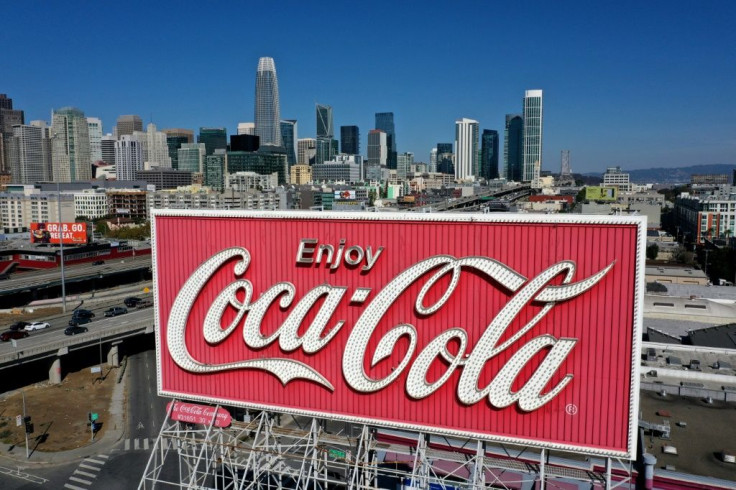What Companies Are Onboard With Defending Voting Rights? Which Ones Aren't?
America’s largest corporations fell under the microscope Wednesday due to a statement opposing laws that restrict voting rights. The letter comes after 43 states proposed at least 250 new laws that are viewed as restricting voting rights.
The statement, entitled “We Stand for Democracy,” published the two-page advertisement in the New York Times, Washington Post and other newspapers.
Corporate giants like Amazon and Google signed on but companies reluctant to promise action in defense of democracy have found themselves in an uncomfortable position, the Times noted.
The statement was spearheaded by former American Express CFO Kenneth Chenault and Merck CFO Kenneth Frazier. While the letter makes no mention of specific action or legislation, it’s the broadest statement yet from the corporate world on the issue.
“These are not political issues. These are the issues that we were taught in civics,” Chenault said, according to the Times. “It should be clear that there is overwhelming support in corporate America for the principle of voting rights.”
That framing makes it all the more conspicuous when some refused to sign. Some of the biggest names absent from the list include:
- Coca-Cola
- Delta
- Walmart
- Home Depot
- JPMorgan Chase
- Berkshire Hathaway
Delta and Coca-Cola — both companies are based in Atlanta — came under fire from conservatives after speaking out against Georgia’s restrictive voting changes. State lawmakers threatened to repeal tax breaks that save Delta millions of dollars annually.
Warren Buffet and Arthur Blank, executives for Berkshire Hathaway and Home Depot, respectively, were willing to sign personally but wouldn’t put their companies down. Another Home Depot co-founder, Ken Langone, is an outspoken Donald Trump supporter.

One line, in particular, seemed to be a sticking point for the business leaders in Saturday’s Zoom call: a commitment to “to oppose any discriminatory legislation or measures that restrict or prevent any eligible voter from having an equal and fair opportunity to cast a ballot.”
Chenault and Frazier, however, said that the line was integral to the message.
“Throughout our history, corporations have spoken up on different issues,” Chenault said. “It’s absolutely the responsibility of companies to speak up, particularly on something as fundamental as the right to vote.”
Some of the companies that asked for the line’s removal did wind up signing by the time the letter appeared in newspapers Wednesday.
© Copyright IBTimes 2024. All rights reserved.











